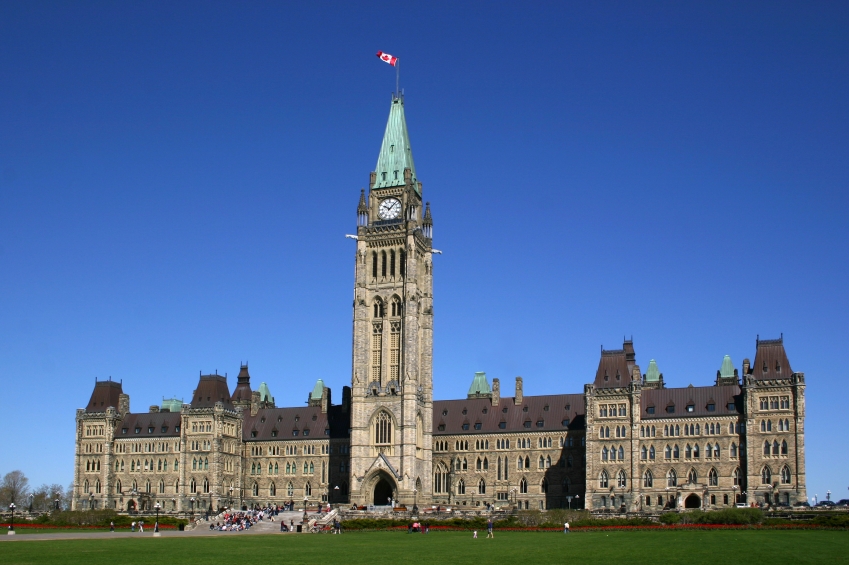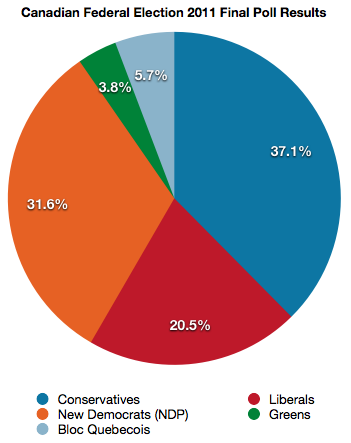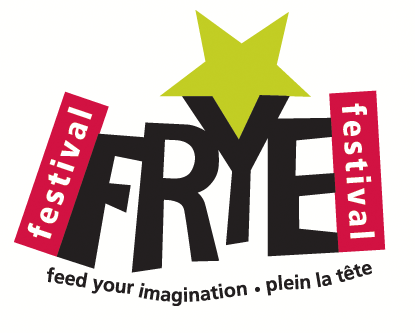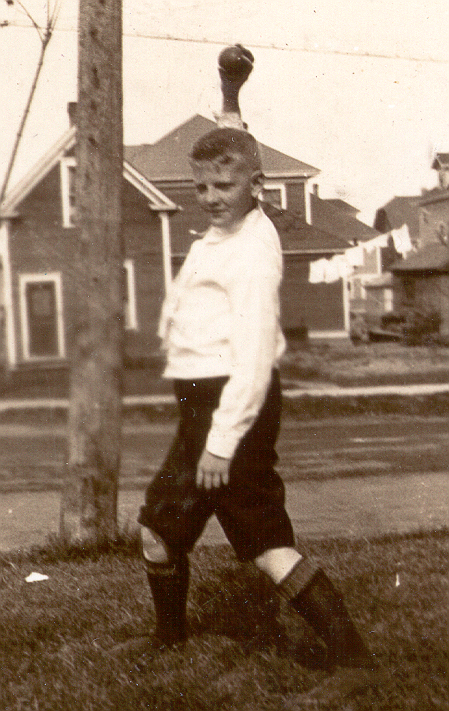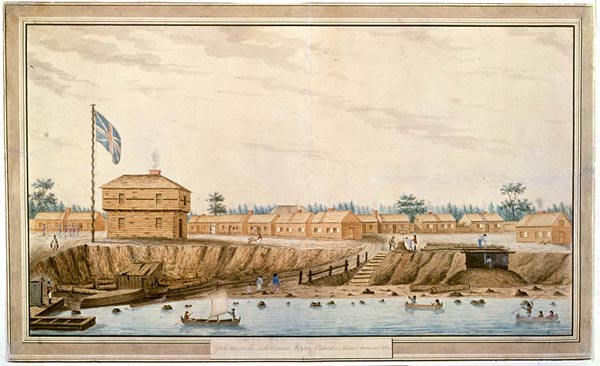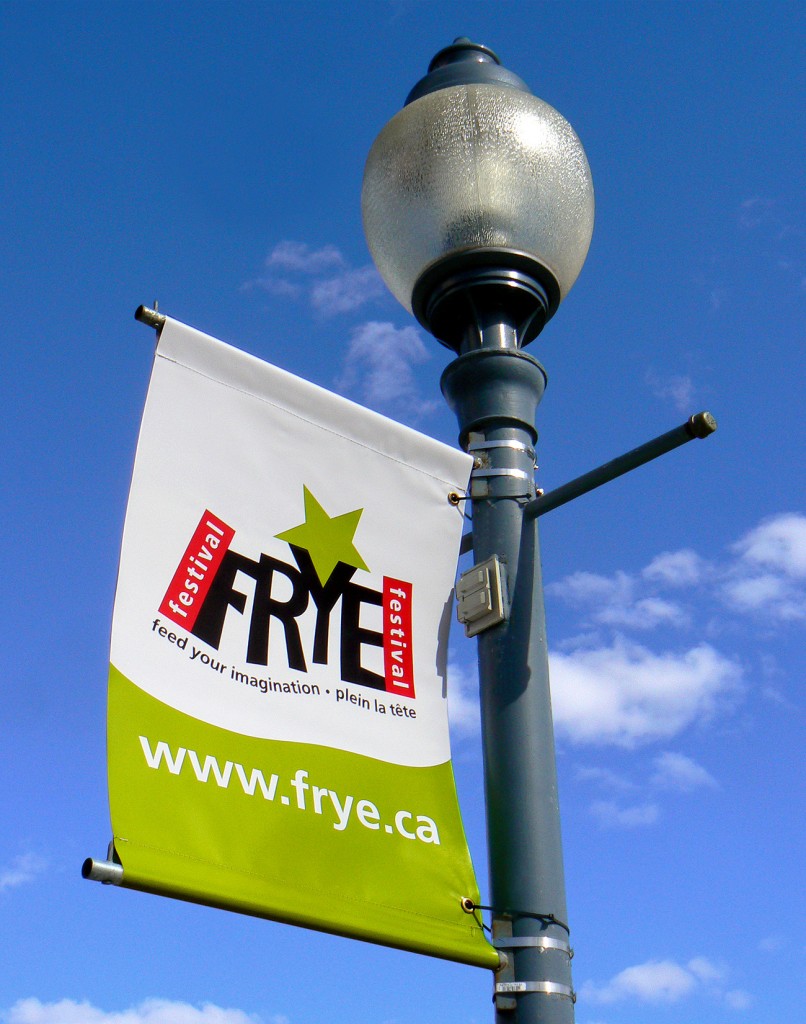
Frye in his “Speech at the New Canadian Embassy” in Washington, DC:
Then again, Canada has had, for the last fifty years, a Socialist (or more accurately Social Democrat) party which is normally supported by twenty-five to thirty per cent of the electorate, and has been widely respected, through most of its history, for its devotion to principle. Nothing or proportional size or influence has emerged in the United States. When the CCF, the first form of this party, was founded in the 1930s, its most obvious feature went largely unnoticed. That feature was that it was following a British rather than American tendency, trying to assimilate the Canadian political structure to the British Conservative-Labour pattern. The present New Democratic Party, however, never seems to get beyond a certain percentage of support, not enough to come to federal power. Principles make voters nervous, and yet any departure from them towards expediency makes them suspicious. (CW 12, 643-4)
There seems to have been an unprecedented reversion to those principles in this election, leaving the NPD at the very least poised to form the Official Opposition.
It’s become apparent in the last week that there has been a significant shift from the centre left to the hard left among a significant number of Canadians as the NDP goes into election day with support as high as 35% nationally. At the same time, there’s been an equally unprecedented collapse for the Liberals, who have fallen to 20% nationally as a result of years of vicious and unrelenting smear campaigns against its leadership. The biggest and most surprising of these unexpected developments is the NDP lead in Quebec, where it has traditionally only been a marginal presence. This makes sense: if Quebecois voters are looking for an alternative to the Bloc and the Liberals are no longer an option, that leaves the NDP, whose policies are a good fit for the hard line support of social programs in that province.
Just about everything about the Conservatives is disdainful — inheriting a massive budget surplus from the Liberals, which they quickly squandered with record deficits and compounded by commitments to still more corporate tax reductions, as well as tens of billions of dollars earmarked for jet fighters we don’t need, and for the construction of jails despite our diminishing crime rate. And that does not take into account Conservative corruption at all levels, including two findings of contempt of parliament, and the criminality that surrounds the PMO, which includes the possibility of jail time for two Conservative Senators and two more senior Conservative operatives for breaking federal election law.
Here’s your Conservative Party legacy, 2011: criminal corruption, massive debt, contempt, jets, jails.
However, if the vote on the left is split in enough closely-contested ridings, the Conservatives might still eke out enough votes to sneak past with a marginal majority. Even in this unfortunate event, more than 60% of the population will have voted against Harper and everything he stands for. Sadly, our first past the post system may accomplish that for him. It could conceivably occur even if Harper goes into this election with less support than he had in the last one.
In other words, this is still something of a crap shoot. It may be we have never seen an election so volatile or an electorate so clearly scrambling to find the best means to deny Harper his majority.
We already know what he’s got in store for us if he gets it.
So our best hope is what some are calling the “Orange Crush”: the NDP breaking decisively into opposition status and confronting a vulnerable Conservative minority whose days are numbered. That could effectively end Harper’s career: the Big Brother and Maximum Leader portion of it anyway.
So let’s hope for that Orange Crush breakthrough, and the right distribution of votes to break for the left where it is most needed.
A sign a desperation: Harper yesterday pleaded with Liberals to vote Conservative to stop the NDP juggernaut. Given the ugly things he’s said about Liberals, calling them, among other things, “sheeple” and “Lieberals” over the years, not to mention the open contempt he displays for liberal principles at all times, that may not happen to any significant extent. The polling shows that a majority of Liberals fear a Harper majority, for obvious reasons. It may be that enough of them will not find it in themselves to cast a Conservative vote.
But we’ll see. The decisive battleground will likely be Ontario. And the Conservatives themselves seem not to believe, based upon their own internal polling, that they can pick up the seats they need there to offset expected losses in Quebec and British Columbia.
However it turns out, it will be an historic day: either a day in which the majority of Canadians prevail with a massive shift in support for the NDP, or a day they do not and the Conservatives win a slim majority with which they can impose an agenda most Canadians do not support.
So let’s keep that in mind as we set out to vote today while encouraging everyone around us to do the same.
